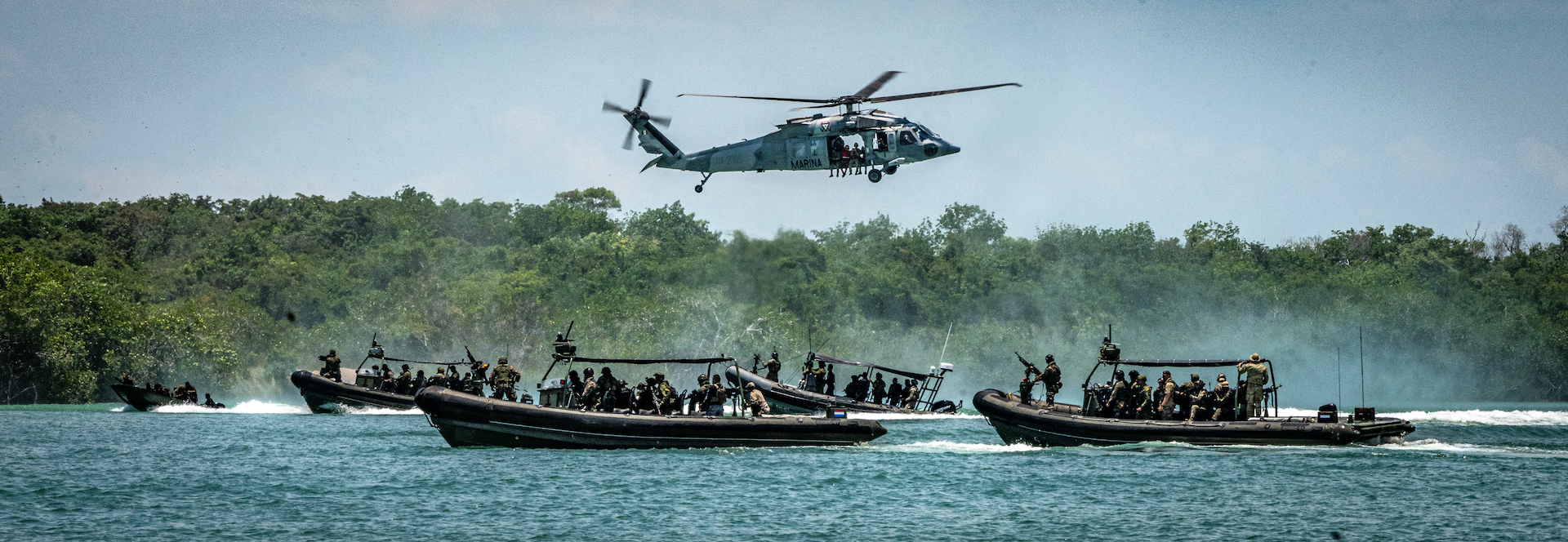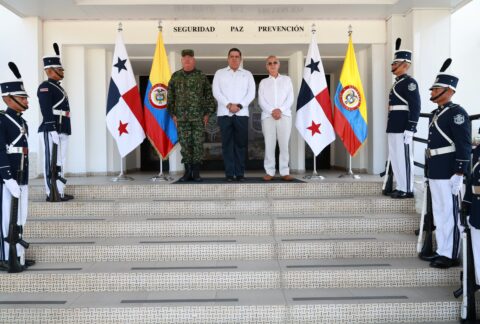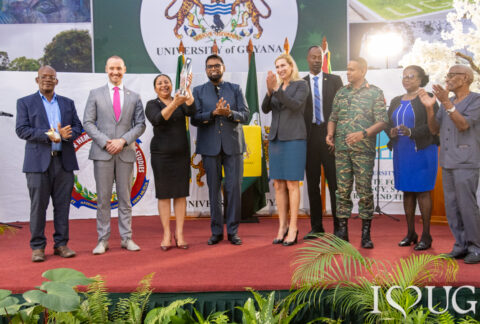Marines and sailors from U.S. Marine Corps Forces, South (MARFORSOUTH) and U.S. Marine Forces Reserve, alongside military and interagency partners from 22 nations in Belize and Mexico, took part in a major multinational exercise May 7-21.
Exercise Tradewinds is a multinational exercise sponsored by U.S. Southern Command and hosted by various countries in and around the Caribbean. This exercise focuses on building the capacity, knowledge, and expertise of participating nations in the Caribbean to better respond to security threats.
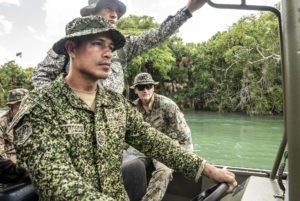
Participating for the first time in the field training portion of this exercise, Colombia supported Tradewinds 22 by sending elements of the Colombian Marine Corps to engage in the riverine training events and elements of the Colombian Army to the jungle training events. The riverine training took place along the Hondo River near Chetumal, Mexico, and consisted of several key events to include small boat operations, maritime navigation, water survival, boat maintenance, beach landing, maritime interdiction, riverine patrolling, helocasting, heliborne extractions, and ship to shore movements.
“The Colombian Marines displayed a high pedigree of rigor, professionalism, proficiency, and motivation. It is apparent they are extremely competent and thoroughly enjoy training with American and multinational partners,” said Master Sergeant Billy Ross, the training chief for U.S. Marine Forces Reserve’s Third Force Reconnaissance Company. “Having the Colombians here to train and exchange knowledge was extremely beneficial to all partners involved.”
Colombia is a leader in riverine operations and has much to teach military units from all over the world. They operate a Riverine Center of Excellence at their training facility in Turbo, Gulf of Urabá, which is designed to be the premier riverine training center in the region to teach and exchange their expertise to partners. Additionally, Colombia is actively engaged in security missions within their country focused on counternarcotics, counterterrorism, and counterinsurgency, which contributes to their capabilities and effectiveness in riverine operations. This experience allows them to develop, refine, and validate new approaches to littoral operations helping to ensure regional security and stability.
“Their operations in and around the littorals have provided some fundamental insights on tactics, techniques, and procedures associated with riverine and littoral operations,” said Gunnery Sergeant Julio Castellanos, MARFORSOUTH engagement chief who spent three years in an exchange program with the Colombian Marine Corps. “There is so much they have taught us already and that we can continue to learn from them to advance our own capabilities and concepts.”
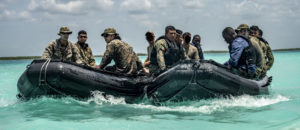
The U.S. and Colombian Marine Corps have a historic relationship that is strengthened through shared challenges, shared visions, and shared values. Each year the two forces conduct multiple subject matter expert exchanges that provide a venue to learn from one another on topics such as amphibious planning, expeditionary logistics, and leadership development. Littoral and expeditionary operations are a major focus of the two nations’ and facilitate increased interoperability and unity of effort.
Tradewinds is a key opportunity to expand upon this relationship and allows Colombia to continue its role in exporting security throughout the Western Hemisphere. Not only does it provide participating nations the opportunity to conduct combined, joint, and interagency training focused on complex multinational security operations, it enhances cooperation and interoperability throughout the region as well. Colombia and the U.S. have a lot to offer in this regard and the two nations are currently in discussions to increase participation and co-lead a training lane during Tradewinds 23, hosted by Guyana.
“Exercises such as Tradewinds play a significant role in enhancing maritime security throughout the region and highlights the importance of working with our partners and allies to achieve common objectives and regional security,” said Colonel Brian Ecarius, MARFORSOUTH director of Plans and Exercises. “Latin America and the Caribbean are home to significant coastal and riverine environments making it a premiere location for maritime partnerships, experimentation, and the exchange of knowledge from subject matter experts in littoral operations.”

